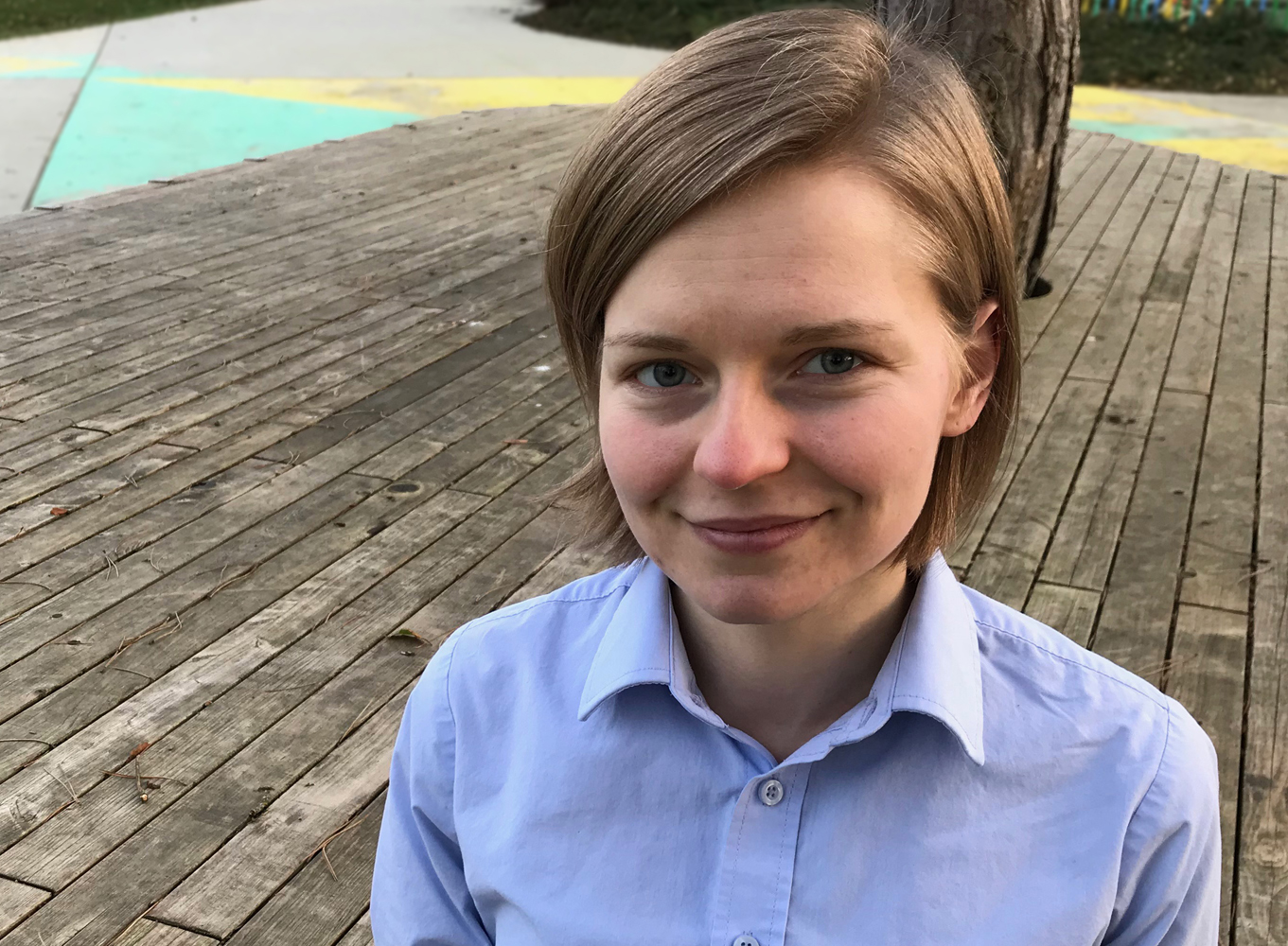Jessica Johns spoke with Arielle Spence, a queer, nonbinary aspiring writer and arts administrator originally from Coldstream, BC (unceded Okanagan Territory). They were the festival director of Growing Room 2017, Room’s inaugural feminist literary festival, one of the assistant editors of the forthcoming queer issue, and are currently editing Room’s Magic issue. Here’s a sneak peak of the RoomMate interview.
To mark the launch of Room 41.2 Changing Language, we would like to share the portion of the BackRoom and RoomMate interview that didn’t make it to print. West coast folks can also join us at Massy Books later this month as we celebrate the publication of this issue. It’s going to be a cozy, summer evening of reading on July 20—don’t miss it!
Jessica Johns spoke with Arielle Spence, a queer, nonbinary aspiring writer and arts administrator originally from Coldstream, BC (unceded Okanagan Territory). They were the festival director of Growing Room 2017, Room’s inaugural feminist literary festival, one of the assistant editors of the forthcoming queer issue, and are currently editing Room‘s Magic issue (for which we are accepting submissions until July 31).
Here’s a sneak peak of the RoomMate interview.
ROOM: Organizing community events and editing/putting together a magazine issue both showcase writers and artists, but in a very different way. Is there a different kind of fulfillment that exists in each of these roles for you?
AS: For me, I see putting on an event, and putting together a magazine, as different kinds of alchemical reactions. With events, you bring together artists, audience members, volunteers/staff, a venue—along with wildcard elements like the weather, or the current zeitgeist—and together you get to participate in something that is completely unique to that particular moment in time and space. Magazines are the same way, however, often you don’t see the result of that alchemy. The combination of the different pieces of writing, arranged in a specific order with art, etc. produce a unique reaction that is often contained within a reader’s own mind and heart. That’s why it’s so meaningful whenever a reader tweets at Room and shares their experience—we get a peek into this private, though equally potent, reaction.
ROOM: You’re working with Leah Golob and Rebecca Russell on Room’s first queer issue. This is SO exciting! What were you looking for in submissions for this historic issue?
AS: I’m thrilled to be working on the Queer Issue with Leah and Rebecca. As for what I’m looking for, I tend to be partial to humour in the pieces I read for Room, so if you can balance complex emotions with a touch of humour or lightness, you might just win me over. The notion of being “queer” is big and complicated, and so many of us have very specific traumas connected to our sexuality and gender, but I also cherish those moments when we can laugh and acknowledge the joy that being queer brings to our lives, and hope some writers will explore those.
ROOM: What is exciting you about literature today?
AS: Although I said that there was a scarcity of bi and/or genderqueer characters, honestly, what’s exciting me most about literature right now is that we’re even acknowledging that. Obviously, media representation is thorny and complex, and can create its own issues (such as publishers trying to capitalize on “diversity,” or cultural appropriation), but, setting those aside, it’s such a powerful thing to see yourself represented on the page. There are so many stories out there that readers have never had access to. I tend to read a lot of YA because I find that it’s the genre that is doing the best job of representing humanity in all its multi-faceted beauty, and actively grappling with issues of representation. Until I was sixteen years old, I had never heard the word “bisexual,” and, only then, that was because of fanfiction, an “unofficial” (though legitimate, in my opinion) form of media. What would it have meant for me, a closeted queer kid growing up in a conversative, small town in BC, to read the stories I have access to now?
ROOM: What genre do you write? What is important to you in your craft when writing?
AS: Admittedly, I have been doing very little writing in the past few years. However, I am hoping that a career change in 2018 brings more space for writing (as well as self-care). When I have the time and emotional bandwidth to write, I love to write comic essays, young adult fiction, and screenplays. It’s not a very creative answer, but the thing I value most in my writing, whatever the genre, is emotional realism.
ROOM: Which is your favourite emoji and why?
AS: The “sparkle” emoji, because I like to imagine I am adding a touch of glitter to whatever I am saying. However, I would like to officially petition the Emoji Gods to include a raccoon emoji in their next update. I think they’ll see it’s an all-purpose emoji with a lot of potential.
You can read the rest of our interview with Arielle Spence in our latest issue, 41.2 Changing Language.














